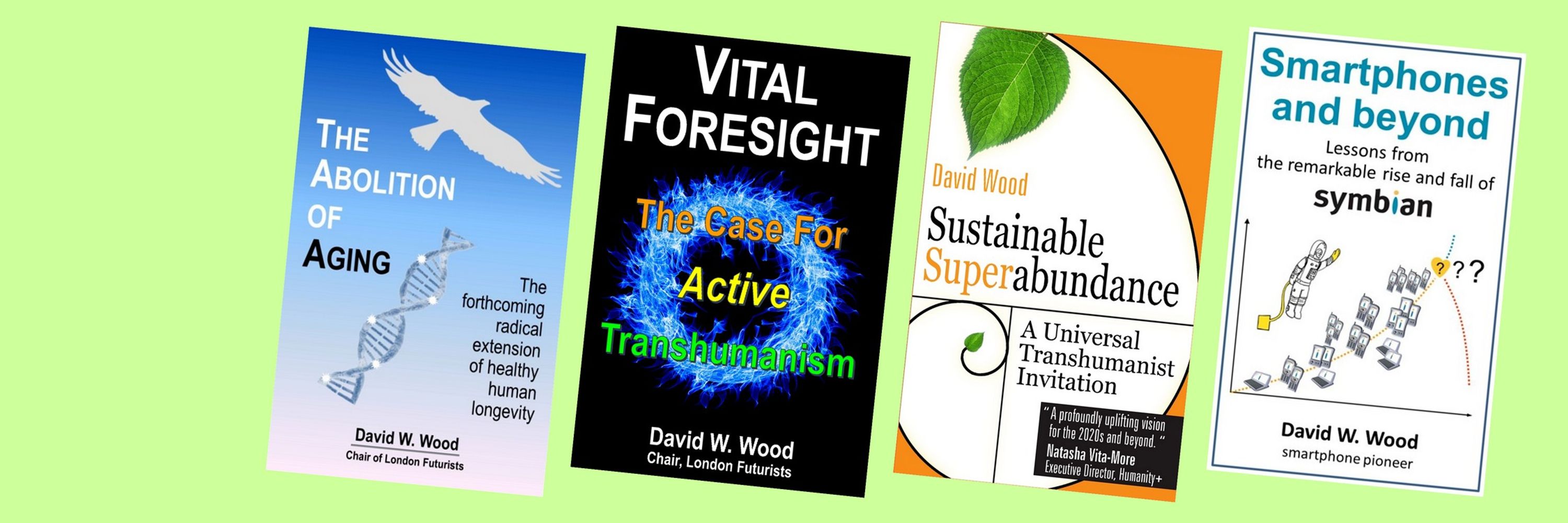
Chair, London Futurists. Executive Director of LEV Foundation. Author or Lead Editor of 12 books about the future. PDA/smartphone pioneer. Symbian co-founder

Anyone looking for mind-expanding future-focused content should find plenty to savour in londonfuturists.buzzsprout.com














6) How billionaires die – and what they should do about it.
Read the full newsletter here: londonfuturists.com/2026/02/06/c...
1) March for AI Safety – Sat 28th Feb
2) Slowing down the rush towards dangerous new forms of AI
3) Learning with Machines – tomorrow, 7th February
4) Special guests at our forthcoming Freaky and Fabulous Futures event
(continued)


See dw2blog.com/2026/02/05/r...
Quote: "Here’s an argument with a conclusion that may surprise you.
The topic is how to reduce the risks of existential or catastrophic outcomes from forthcoming new generations of AI."




10) My conversation with James of Ârc.
And don't miss the preamble to the newsletter:
6 reasons why it's never been harder to predict the future, and 7 profound trends that, nevertheless, seem likely to continue.
londonfuturists.com/2026/01/29/s...
5) Learning With Machines: Sat 7th Feb;
6) What We Must Never Give Away to AI: Tue 10th Feb;
7) Freaky Futures and Fabulous Futures: Fri 13th Feb;
8) My conversation with Ezra Chapman;
(continued)

1) Take Back Tomorrow: Sat 31st Jan;
2) Pull The Plug launch: Mon 2nd Feb;
3) The Adolescence of Technology: Wed 4th Feb;
(continued)





